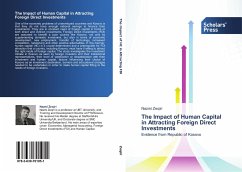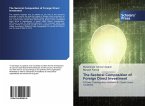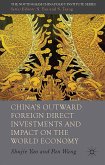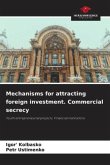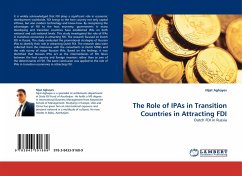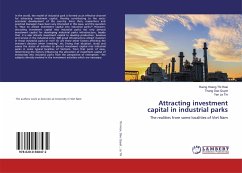One of the economic problems of undeveloped countries and Kosovo is that they do not have enough national savings to finance their investments. They are in constant need of foreign capital in forms of both direct and indirect investments. Foreign Direct Investments (FDI) are assumed to benefit a poor country like Kosovo, not only by supplementing domestic investment, but also in terms of economic development, new employment, transfer of technology, increased competition, networking and other positive externalities. In this manner, human capital (HC) is a crucial determinant and a prerequisite for FDI attraction that a country, including Kosovo, must have if willing to attract the right mode of foreign capital. The study investigates the investment climate in Kosovo as seen by foreign investors and their institutional representatives, their level of satisfaction or dissatisfaction with their investment and human capital, factors influencing their choice of Kosovo as an investment destination, barriers and educational changes needed to be undertaken in order to make human capital fitting to the needs of foreign investors.
Bitte wählen Sie Ihr Anliegen aus.
Rechnungen
Retourenschein anfordern
Bestellstatus
Storno

